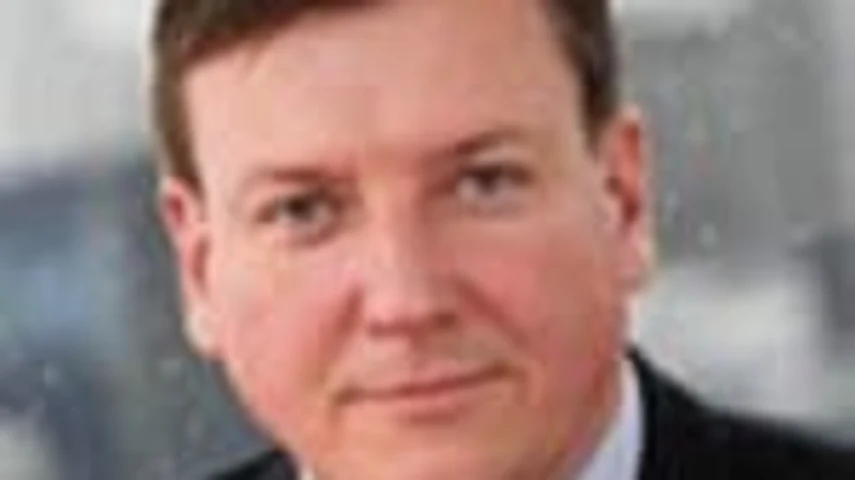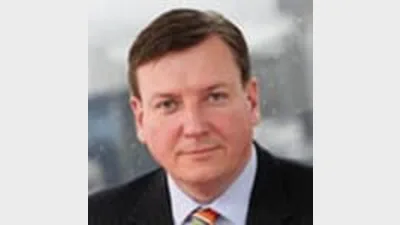John Brogden warns inaction is no option



A Money Management/Association of Financial Advisers forum dealing with the Financial Services Council's framework on life/risk remuneration uncovered strong feelings and a warning from the FSC’s John Brogden that doing nothing is not an option.
Financial Services Council (FSC) chief executive John Brogden arguably stepped into the lion’s den when he fronted a Money Management/Association of Financial Advisers (AFA) thought leadership breakfast last week dealing with the FSC’s framework on life/risk remuneration.
It had been nearly six weeks since Brogden had launched the remuneration framework at the FSC’s national conference on the Gold Coast and many life/risk advisers remained upset by the clawback provisions contained in the FSC approach.
The ‘tiered’ clawback provisions outlined by Brogden in August were as follows:
- 100 per cent of remuneration paid by an insurer to an adviser if the policy lapses within the first year;
- 75 per cent of remuneration paid by an insurer if the policy lapses within the second year; and
- 50 per cent of remuneration paid by an insurer if the policy lapses within the third year.
Also at the heart of their anger was a strongly held belief that if policy ‘churn’ really represented a problem in the Australian industry, then the FSC’s own members needed to shoulder just as much responsibility as the advisers responsible for providing their products to their clients.
It therefore counted for something that Brogden kicked off his address to the breakfast with an apology which acknowledged that the FSC had not gone far enough in communicating the reasons for its approach and the ultimate objectives it was seeking to achieve.
In doing so, the FSC chief executive made clear that his organisation had subsequently been in extensive dialogue with both the AFA and the Financial Planning Association (FPA) seeking to find a solution which would be acceptable to all the affected parties.
But in saying that, Brogden also cautioned the planners and advisers in the room against hoping change could be avoided; that a change of government in Canberra would result in status quo.
He said he did not know what would happen and that there were no post-election guarantees.
Indeed, front and centre in the Brogden explanation was a reminder that the FSC had produced its framework as a direct consequence of urgings and warnings from the Minister for Financial Services, Bill Shorten, in the context of the Future of Financial Advice (FOFA) changes.
He precisely quoted Shorten’s words:
“A clawback provision enables life insurance companies to recover some or all of the commission paid if a policy turns over early. The Government will work with industry and consumer groups to introduce uniform “clawback” provisions to remove the incentive for some advisers to shop around for the most generous clawback arrangements.”
The message from Brogden was that in light of the Government’s approach and the minister’s words, doing nothing was not an option.
It was a case of offering a viable approach based on industry self-regulation or having regulation imposed by the Government.
Nobody at the Money Management/AFA breakfast disagreed that, in light of the Government’s approach, the industry could remain immobile, but Synchron director Don Trapnell spoke for many in the room when he said he believed the major insurers were expecting undue sacrifice on the part of planners and advisers.
Further, Trapnell and a number of advisers questioned whether the level of churn which existed in the industry was as high as was being claimed by the Government, the regulators and some insurers.
It was further suggested that if, indeed, high levels of churn existed then the major insurers could readily identify those responsible and deal with them accordingly.
The disconnect between many advisers and the approach being pursued by the FSC was made clear in exchanges between questioners and Brogden and Clearview chief executive Simon Swanson.
One young female adviser who admitted to having less than five years in the industry suggested the regime being proposed by the FSC would have denied her the ability to establish her business.
She questioned why, if having done all the work to find appropriate insurance cover for a client, she should be denied retention of an up-front commission if her client’s best interests dictated that she then moved them to a more effective insurance product.
Brogden acknowledged that while the adviser would, indeed, lose 100 per cent of her up-front commission, that amount would be offset by the upfront commission she received from the new insurer.
A point loudly voiced by Brogden was that in the context of the Government’s FOFA changes it was ‘almost a miracle’ that the Money Management/AFA breakfast was even discussing commissions as a form of remuneration.
He pointed out that FOFA meant commissions had ceased to exist in the context of the provision of financial advice and superannuation and that he defied almost anyone to explain the appropriateness of receiving a 120 per cent upfront commission to a tabloid daily newspaper reporter.
Based on the outcome of the breakfast, many advisers and planners will be awaiting the framework which is finally agreed between the FSC, the AFA and the FPA.
Recommended for you
In this episode of Relative Return Insider, host Keith Ford and AMP chief economist Shane Oliver discuss the latest shock consumer price index numbers, which rose to 3.8 per cent in October, as well as the shifting US market and calls for super funds to invest in infrastructure projects.
In this episode of Relative Return Insider, host Keith Ford and AMP chief economist Shane Oliver discuss the Reserve Bank of Australia’s cautious stance in response to persistent inflation, subdued growth prospects, and political shifts affecting the nation’s journey towards net zero emissions.
In this episode of Relative Return, host Laura Dew speaks with Rachel White, head of financial adviser services at Vanguard about how advisers can help Australians to feel confident in retirement.
In this episode of Relative Return Insider, host Keith Ford and AMP deputy chief economist Diana Mousina take a look at the Reserve Bank’s unanimous decision to leave rates on hold on Melbourne Cup Day and whether future cuts are still on the cards.








